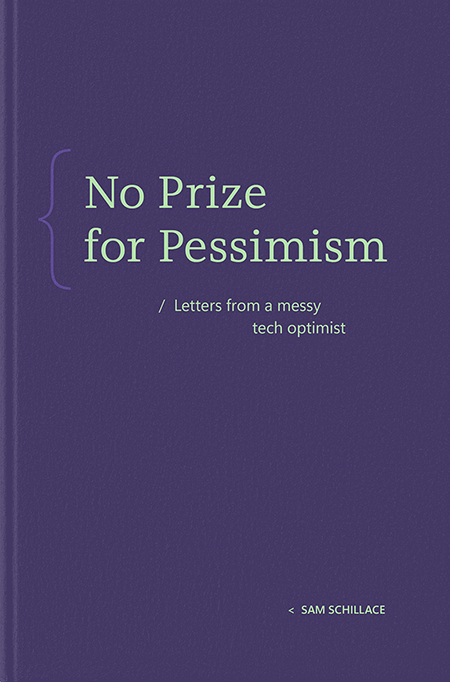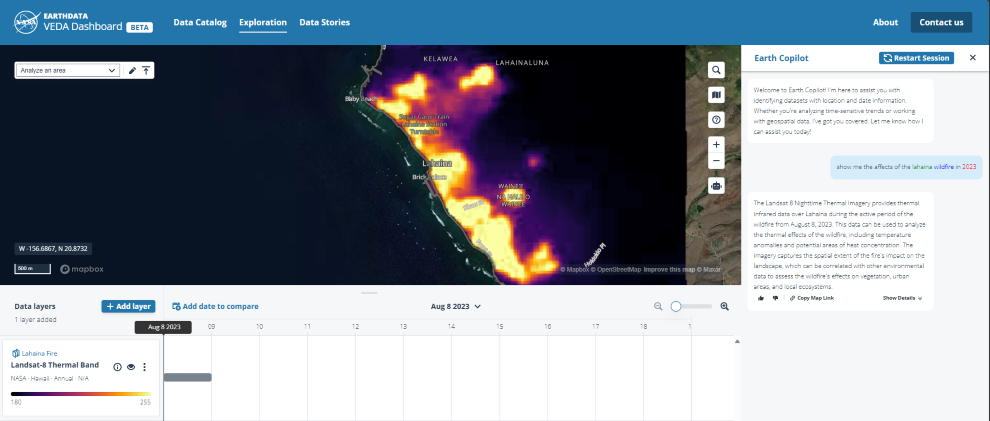Linux and Open Source on Azure Quarterly Update – October 2024
Since our last update in July, there’s been no shortage of new exciting updates and news for Linux and open source on Azure. Dive in to learn more!
What’s new with Linux on Azure
AlmaLinux is available as an endorsed Linux distribution
AlmaLinux, a popular alternative to CentOS Linux, has been available in the Azure Marketplace for over three years and is now an endorsed Linux distribution in Azure. As an endorsed Linux distribution, AlmaLinux will adhere to testing and update standards, while also receiving support as detailed in Microsoft’s Linux and open source support policy. Visit our blog to learn more.
Linux Promotional Offer
I’m excited to share that there is a promotional offer for the latest Linux VMs in Azure. For a limited time, you can save an additional 15% on one-year Azure Reserved Virtual Machine (VM) Instances for the latest Linux VMs. This means you could save up to 56% compared to running an Azure VM on a PAYG (pay-as-you-go) basis. This offer is available until March 31, 2025. To learn more, read the blog and refer to the terms and conditions.
ED25519 SSH key support for Linux VMs (Generally Available)
ED25519 SSH key support for Linux VMs is now generally available in Azure, providing customers with enhanced security and deployment efficiency on Azure. Now customers can choose between RSA and ED25519 based SSH keys.
Azure Cobalt 100-based Virtual Machines (Generally Available)
We recently announced the general availability of the new Azure Cobalt 100-based Virtual Machines. These VMs run on Microsoft’s first 64-bit Arm-based Azure Cobalt 100 CPU, which has been fully designed in-house. They offer up to 50% better price performance than our previous generation Arm-based VMs, making them an appealing option for a wide range of scale-out and cloud-native Linux-based workloads, including data analytics, web and application servers, open source databases, caches, and more. The new Azure Cobalt 100 VMs support a wide range of Linux distributions including AlmaLinux, Azure Linux (via AKS), Debian, Flatcar Linux, Red Hat Enterprise Linux, SUSE Enterprise Linux, Ubuntu, and more. Check out our blog to get more information.
Landing Zone for Red Hat Enterprise Linux
We’ve developed a landing zone for RHEL on Azure, offering design recommendations and a reference architecture to help support successful RHEL deployments. An Azure landing zone serves as a blueprint for cloud success. Read the blog for more details.
New guides for deploying open source software on Azure
On Azure, you can build and run applications using the open source software of your choice, whether it’s Linux or databases like as PostgreSQL and MySQL. To help accelerate your journey with open source on Azure, we’ve developed end-to-end guides for deploying open source software across a variety of workloads and include projects such as KAITO, PostgreSQL, and Inspektor Gadget. Read the blog for more information.
Azure confidential VMs with NVIDIA H100 Tensor Core GPUs (Generally Available)
We announced the general availability of confidential virtual machines (VMs) with NVIDIA H100 Tensor core GPUs. These VMs are ideal for inferencing, fine-tuning or training small-to-medium sized models such as Whisper, Stable diffusion and its variants (SDXL, SSD), and language models such as Zephyr, Falcon, GPT2, MPT, Llama2, Wizard and Xwin. Ubuntu 24.04 is the available Linux OS for these VMs. Visit the blog for additional details.
What’s new with Azure and open source
Flatcar accepted into CNCF at incubating level
Flatcar has been accepted by the CNCF at incubating level, signaling that the project is considered stable and is used successfully in production environments. This is an exciting milestone for the Flatcar project and cloud native community! For more details, read Brendan Burns’ blog and the CNCF blog.
Linux and open source events
Over the past few months, we gave talks and connected with other open source enthusiasts at several events, including All Systems Go!, Container Days, Data and AI Masters, DebConf24, Flock to Fedora 2024, FrOSCon, Linux Security Summit, Open Source Summit Europe, Red Hat Summit Connect, Ubuntu Summit, and more. If you missed any of the Microsoft sessions or want to check them out again you can catch some of the recordings:
Event
Session(s)
All Systems Go!
Introducing azure-init, a minimal provisioning agent written in Rust
Waiter, an OS please, with some sysext sprinkled on top
Container Days
Container Linux: The Next 10 Years
UX: the missing cloud native ingredient
DebConf24
Flock to Fedora
Unlocking Systems Insights: Leveraging eBPF for Data Collection
FrOSCon
Flatcar Linux: what’s new in this Container OS?
Linux Security Summit
Open Source Summit Europe
LVBS and Advanced Kernel Integrity
Verifying and Signing EBPF Programs with Inspektor Gadget
Contain Your Excitement: A Developer’s Guide to Containerized Brillance
Linux Sandboxing with Landlock
Next-Gen Testing and Compliance: Ensuring Integrity in a Complex World
Open Source Software Engineering Education
What’s coming up next
Microsoft Ignite 2024
Microsoft Ignite is coming to the Windy City (Chicago) this year from November 19-22! Whether you’re joining in-person or virtually, be sure to catch one of the Linux and open source sessions:
Session Type
Session
Breakout
What’s new in Linux: How we’re collaborating to help shape its future
Demo
Accelerate deployment of open source applications with Copilot in Azure
Lab (hosted 3x)
Fast track your Linux migration journey with Azure Migrate
Also, you can connect with and attend sessions from Canonical and Red Hat, who are Featured Partners at Ignite.
Upcoming Linux and open source events
We’ll be at KubeCon North America in Salt Lake City! Check out one of the Microsoft sessions and meet with us at our booth.
Sign up for Cloud Native Rejekts (organized/sponsored by Microsoft)
Sign up for the AKS pre-day
Bonus content
Read about LinkedIn’s journey to migrate most of their estate to Azure Linux
Check out this guest blog post by Jehudi Castro, Public Cloud Alliances Director at Canonical, to learn how Canonical and Azure are working together to improve security, operational efficiency, and performance in the cloud using Linux and open-source software.
If you have any feedback or questions, please drop them in the comments. We’d love to hear from you!
Microsoft Tech Community – Latest Blogs –Read More











